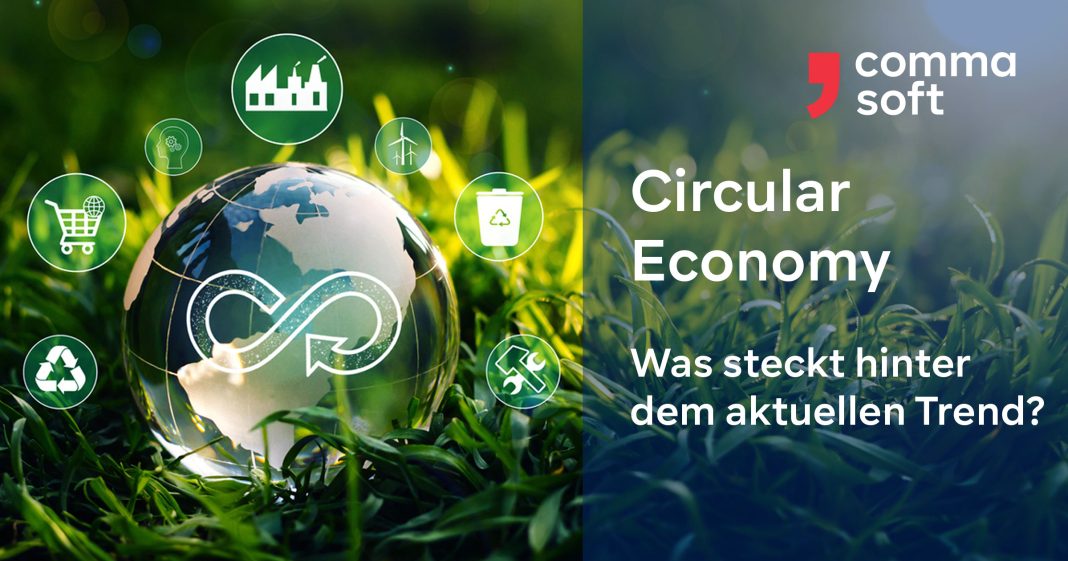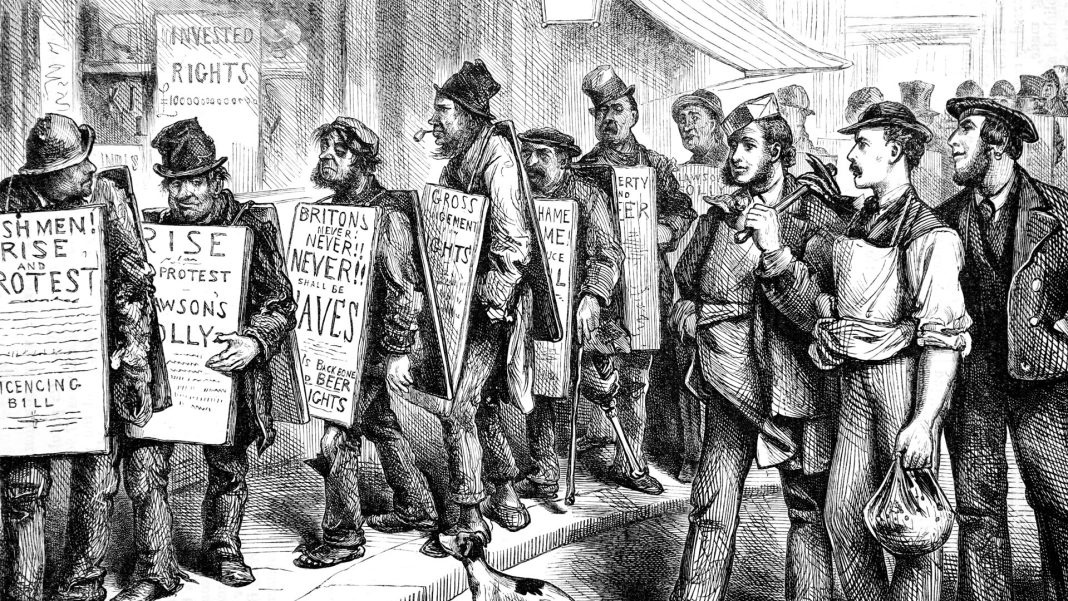 China’s economy is currently facing a domestic economic crisis, with unresolved issues in various sectors. One of the major concerns is the real estate sector, which has seen a significant decline in prices. This decline not only affects the real estate industry but also has a ripple effect on the financial sector, as many banks have exposure to the real estate market. Falling housing prices are linked to weak consumption and falling demand, leading to negative consumer sentiment and high unemployment rates, especially among younger workers. Additionally, high levels of local government debt pose a risk to smaller banks, further threatening the financial sector.
China’s economy is currently facing a domestic economic crisis, with unresolved issues in various sectors. One of the major concerns is the real estate sector, which has seen a significant decline in prices. This decline not only affects the real estate industry but also has a ripple effect on the financial sector, as many banks have exposure to the real estate market. Falling housing prices are linked to weak consumption and falling demand, leading to negative consumer sentiment and high unemployment rates, especially among younger workers. Additionally, high levels of local government debt pose a risk to smaller banks, further threatening the financial sector.
In an attempt to revive the economy, the Chinese Communist Party (CCP) has focused on strengthening high-tech industries such as renewable energy, artificial intelligence, and chip-making. The CCP aims to grow the economy through exports and harden supply chains. While this strategy has shown some success, particularly with a record trade surplus in June, there are challenges. Chinese manufacturers, backed by government subsidies, have engaged in price wars in the solar panel market, leading to overcapacity and driving prices down. This not only threatens solar manufacturers in Europe but also diminishes profitability for Chinese firms.
China’s high-tech export efforts have faced pushback from trading partners, such as the European Union and the United States. The EU has imposed high tariffs on Chinese electric vehicle (EV) makers and has been reviewing China’s practices in green industries. Meanwhile, the United States continues to restrict strategic chip access to China, fueling a “chip war” between the two countries. Despite the negative reactions from Western trading partners, the CCP’s “Made in China 2025” policy, which aims to make China the high-tech center of the world, remains a key part of China’s industrial policy.
The economic slowdown in China’s domestic market has also impacted Western companies’ profits. Apple, for example, has seen a decline in sales in China, as have other companies like McDonald’s, Marriott, and Procter & Gamble. This further highlights the challenges faced by China’s economy and its impact on global businesses.
Looking at the broader context, the CCP is aware that demographic, global trade, and geopolitical trends are not favorable for a robust rebound in domestic demand or overall economic growth. This poses a problem for the CCP, as economic stagnation increases the risk of unrest and protests against Xi’s rule. Additionally, growing anti-China sentiment in Europe, the United States, and the Asia-Pacific region, coupled with a decline in the CCP’s soft power appeal, adds to the challenges China faces.
Despite these challenges, China remains a critical manufacturer with growing military strength. The CCP’s ability to balance economic growth, stability, and power is crucial. The success of the high-tech industrial sector in restoring jobs and confidence at home may play a significant role in offsetting the de-risking happening in Europe and the United States.
In conclusion, China’s economy is currently navigating competing realities. While there are challenges in the real estate and financial sectors, the CCP is focusing on high-tech industries and exports to revive the economy. However, these efforts face pushback from trading partners, and China’s domestic economic slowdown has impacted Western companies. The CCP’s ability to balance economic growth, stability, and power will continue to have implications not only for China but also for the rest of the world.


